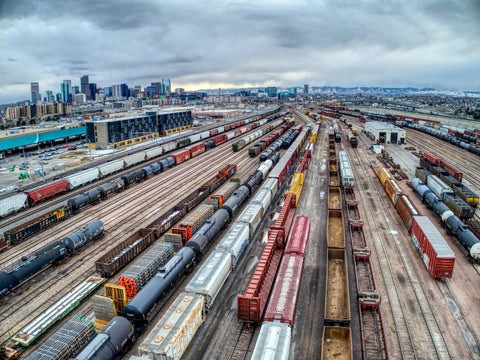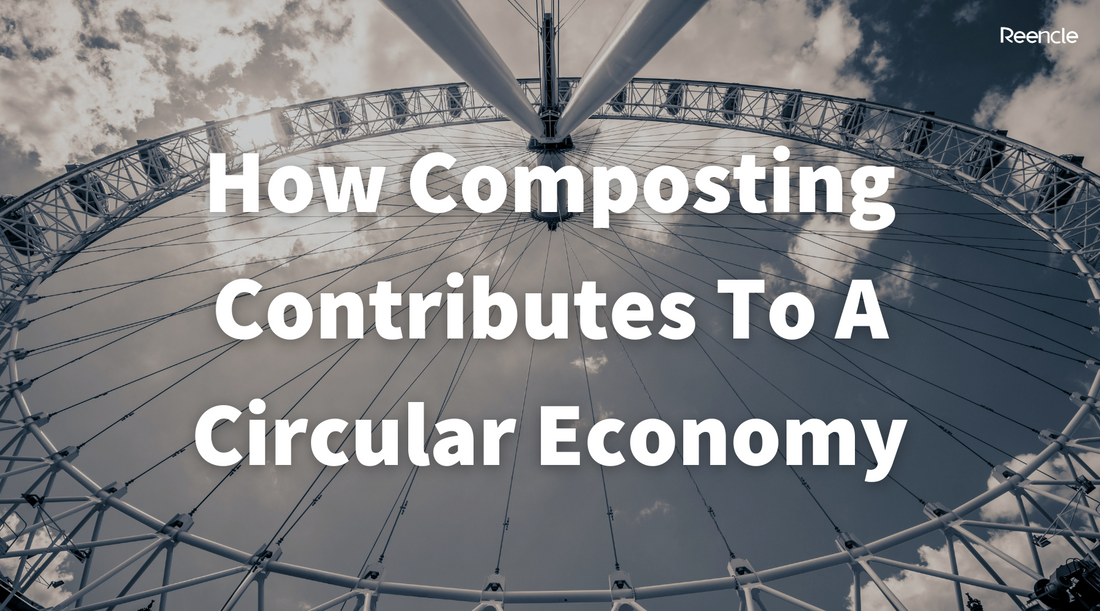Composting is a key component of the circular economy, a system that aims to minimize waste and maximize the use of resources. In the circular economy, materials are kept in use for as long as possible, and waste is seen as a valuable resource that can be reused, recycled, or repurposed.
Composting fits perfectly into this model, as it is a way to turn organic waste into a valuable resource that can be used to enrich soil and support sustainable agriculture.

At its core, the circular economy is a response to the challenges posed by our current linear economy, where materials are used once and then discarded. This system leads to a significant amount of waste and pollution, as well as the depletion of finite resources.
In contrast, the circular economy seeks to create a closed-loop system where waste is minimized and resources are reused as much as possible.
Composting plays a key role in the circular economy by diverting organic waste from landfills and turning it into a valuable soil amendment. When organic waste is sent to a landfill, it decomposes anaerobically and releases methane, a potent greenhouse gas that contributes to climate change.
In contrast, when organic waste is composted, it decomposes aerobically and releases carbon dioxide, a much less potent greenhouse gas. Additionally, composting creates a nutrient-rich soil amendment that can be used to support sustainable agriculture and reduce the need for synthetic fertilizers.

Composting also fits into the circular economy by creating a closed-loop system for organic waste. When organic waste is composted, it is turned into a valuable resource that can be used to grow food and other crops.
This creates a circular system where waste is transformed into a valuable resource that can be used again and again. Additionally, composting can be integrated into a wider range of sustainable practices, such as regenerative agriculture, organic farming, and permaculture.
Another important aspect of the circular economy is the idea of designing products and systems with the end of life in mind. This means creating products that can be easily disassembled and recycled, or designing systems that can be easily repurposed or reused.

Composting fits into this model by creating a system where waste is seen as a valuable resource that can be used to create something new. By composting organic waste, we are creating a closed-loop system where waste is turned into a valuable resource that can be used to create more products, such as food or biofuels.
In conclusion, composting is a key component of the circular economy, a system that aims to minimize waste and maximize the use of resources. By diverting organic waste from landfills and turning it into a valuable soil amendment, composting helps create a closed-loop system where waste is transformed into a valuable resource that can be used again and again.
Additionally, composting can be integrated into a wider range of sustainable practices, such as regenerative agriculture, organic farming, and permaculture. As we work towards a more sustainable future, composting will play a vital role in creating a circular economy that benefits both people and the planet.
Join us in our fight against food waste when you compost with Reencle today. Pre-order with the discount code VIP600 to get RM600 OFF your Reencle. Add up to 1kg food waste a day and get free, consistent, nutrient-rich compost within 2-24 hours every day!
Snag this deal with up to 24 months of 0% Interest FREE Instalments when you checkout with PayEx now!

